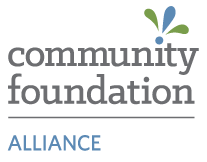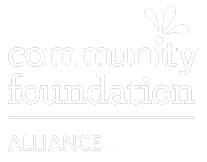Legacy Giving
For Good. Forever.
Legacy giving offers you a way to make a difference far beyond the measure of one lifetime. There are many ways to create your legacy gift and the information below can help get you started, but we encourage you to seek help from your professional advisor. We work with you and your advisor to create your legacy!
Create A Legacy
Having a legacy plan in place provides the maximum benefit to your community and the organizations which mean the most to you. It also allows you important estate and financial advantages — allowing you to give most effectively and beneficially. Review our planned giving options below.
Planned Giving Options
Learn how these creative and flexible giving options allow you to create your charitable legacy.


